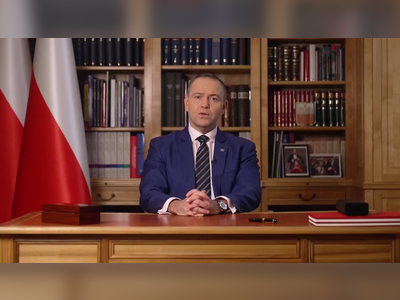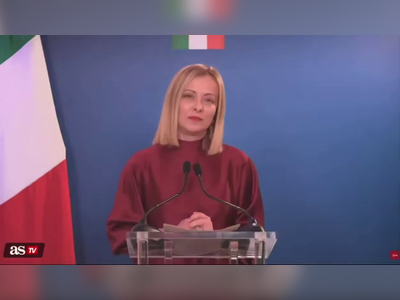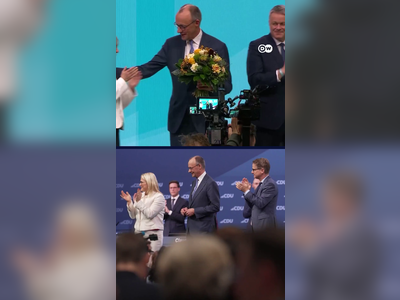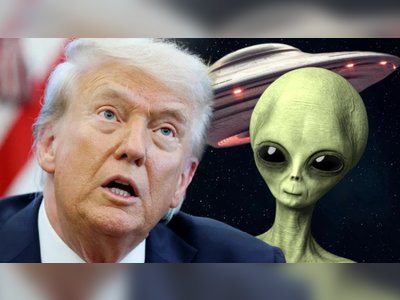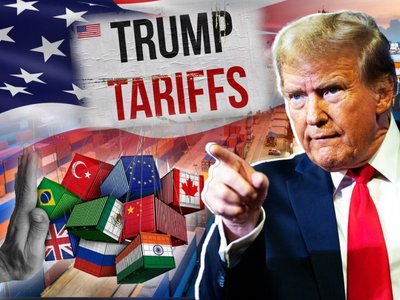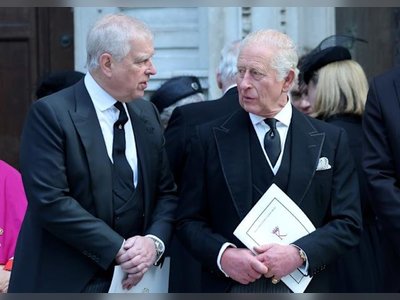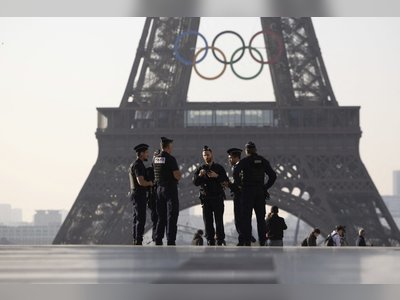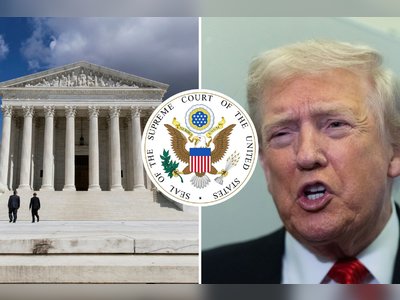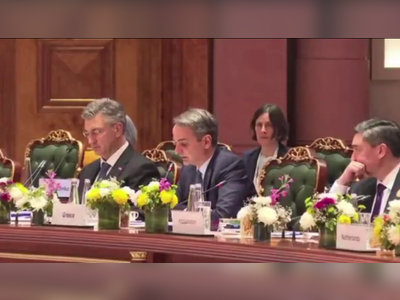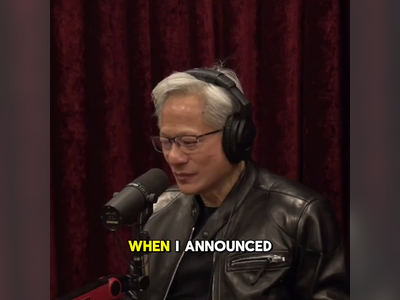Il bivio energetico dell'Italia: navigare nel futuro dell'Europa
Un polo strategico per la sicurezza energetica in un contesto volatile
Mentre l'Europa affronta sfide crescenti per garantire il suo futuro energetico in mezzo a sconvolgimenti geopolitici e imperativi climatici, l'Italia si trova a un punto di svolta cruciale.
Con la sua posizione geografica strategica nel Mediterraneo e le ambiziose transizioni energetiche, l'Italia emerge come un attore chiave nella ricerca del continente per la stabilità energetica.
Il ruolo dell'Italia nella sicurezza energetica europea è sfaccettato.
Come un nodo per le rotte del gas naturale liquefatto (GNL) e un punto di transito cruciale per gli oleodotti dal Nord Africa e dal Medio Oriente, gli investimenti infrastrutturali dell'Italia sono vitali.
I recenti aggiornamenti nei terminali di rigassificazione e nelle capacità di stoccaggio segnano progressi significativi nel rafforzare la sua resilienza energetica.
Inoltre, l'impegno dell'Italia per le energie rinnovabili, in particolare solare ed eolica, sottolinea la sua più ampia ambizione di ridurre la dipendenza dai combustibili fossili, in linea con gli obiettivi climatici dell'UE.
Questi cambiamenti avvengono sullo sfondo della necessità urgente dell'Europa di diversificare le forniture energetiche, in particolare dopo le tensioni geopolitiche che minacciano le rotte tradizionali dall'Europa dell'Est.
L'impegno dell'Italia con i produttori di energia del Nord Africa esemplifica il suo approccio proattivo, cercando non solo la stabilità delle forniture ma anche opportunità di collaborazione regionale.
Gli esperti vedono la strategia dell’Italia come una promessa e una sfida.
Carlo Ratti, un importante consulente energetico, sottolinea la doppia necessità di perseguire le rinnovabili assicurando al contempo l'accessibilità economica dell'energia per i consumatori.
"Il bilanciamento dell'Italia," osserva, "sarà cruciale per la sicurezza energetica complessiva dell'Europa."
Da un punto di vista economico, questi sviluppi offrono all'Italia la possibilità di affermare la propria influenza all'interno dell'UE plasmando politiche che uniscono la sicurezza energetica alla sostenibilità.
Assumendo questo ruolo di leadership, l'Italia deve abilmente navigare le sue priorità economiche, garantendo che gli investimenti energetici non ostacolino la stabilità fiscale.
Nel lungo termine, l'Italia è in procinto di ridefinire la sua identità energetica.
L'attenzione duale del paese sull'infrastruttura e sull'innovazione potrebbe posizionarlo come un modello per la pianificazione energetica strategica in tutta Europa.
Mentre i decisori si riuniscono per plasmare i futuri quadri energetici, le azioni dell'Italia oggi potrebbero benissimo determinare i contorni della mappa energetica dell’Europa di domani.
L'Italia si alzerà all'occasione e guiderà l'Europa verso un'era energetica più sicura?
I prossimi anni forniranno la risposta.
Con la sua posizione geografica strategica nel Mediterraneo e le ambiziose transizioni energetiche, l'Italia emerge come un attore chiave nella ricerca del continente per la stabilità energetica.
Il ruolo dell'Italia nella sicurezza energetica europea è sfaccettato.
Come un nodo per le rotte del gas naturale liquefatto (GNL) e un punto di transito cruciale per gli oleodotti dal Nord Africa e dal Medio Oriente, gli investimenti infrastrutturali dell'Italia sono vitali.
I recenti aggiornamenti nei terminali di rigassificazione e nelle capacità di stoccaggio segnano progressi significativi nel rafforzare la sua resilienza energetica.
Inoltre, l'impegno dell'Italia per le energie rinnovabili, in particolare solare ed eolica, sottolinea la sua più ampia ambizione di ridurre la dipendenza dai combustibili fossili, in linea con gli obiettivi climatici dell'UE.
Questi cambiamenti avvengono sullo sfondo della necessità urgente dell'Europa di diversificare le forniture energetiche, in particolare dopo le tensioni geopolitiche che minacciano le rotte tradizionali dall'Europa dell'Est.
L'impegno dell'Italia con i produttori di energia del Nord Africa esemplifica il suo approccio proattivo, cercando non solo la stabilità delle forniture ma anche opportunità di collaborazione regionale.
Gli esperti vedono la strategia dell’Italia come una promessa e una sfida.
Carlo Ratti, un importante consulente energetico, sottolinea la doppia necessità di perseguire le rinnovabili assicurando al contempo l'accessibilità economica dell'energia per i consumatori.
"Il bilanciamento dell'Italia," osserva, "sarà cruciale per la sicurezza energetica complessiva dell'Europa."
Da un punto di vista economico, questi sviluppi offrono all'Italia la possibilità di affermare la propria influenza all'interno dell'UE plasmando politiche che uniscono la sicurezza energetica alla sostenibilità.
Assumendo questo ruolo di leadership, l'Italia deve abilmente navigare le sue priorità economiche, garantendo che gli investimenti energetici non ostacolino la stabilità fiscale.
Nel lungo termine, l'Italia è in procinto di ridefinire la sua identità energetica.
L'attenzione duale del paese sull'infrastruttura e sull'innovazione potrebbe posizionarlo come un modello per la pianificazione energetica strategica in tutta Europa.
Mentre i decisori si riuniscono per plasmare i futuri quadri energetici, le azioni dell'Italia oggi potrebbero benissimo determinare i contorni della mappa energetica dell’Europa di domani.
L'Italia si alzerà all'occasione e guiderà l'Europa verso un'era energetica più sicura?
I prossimi anni forniranno la risposta.
AI Disclaimer: An advanced artificial intelligence (AI) system generated the content of this page on its own. This innovative technology conducts extensive research from a variety of reliable sources, performs rigorous fact-checking and verification, cleans up and balances biased or manipulated content, and presents a minimal factual summary that is just enough yet essential for you to function as an informed and educated citizen. Please keep in mind, however, that this system is an evolving technology, and as a result, the article may contain accidental inaccuracies or errors. We urge you to help us improve our site by reporting any inaccuracies you find using the "Contact Us" link at the bottom of this page. Your helpful feedback helps us improve our system and deliver more precise content. When you find an article of interest here, please look for the full and extensive coverage of this topic in traditional news sources, as they are written by professional journalists that we try to support, not replace. We appreciate your understanding and assistance.

